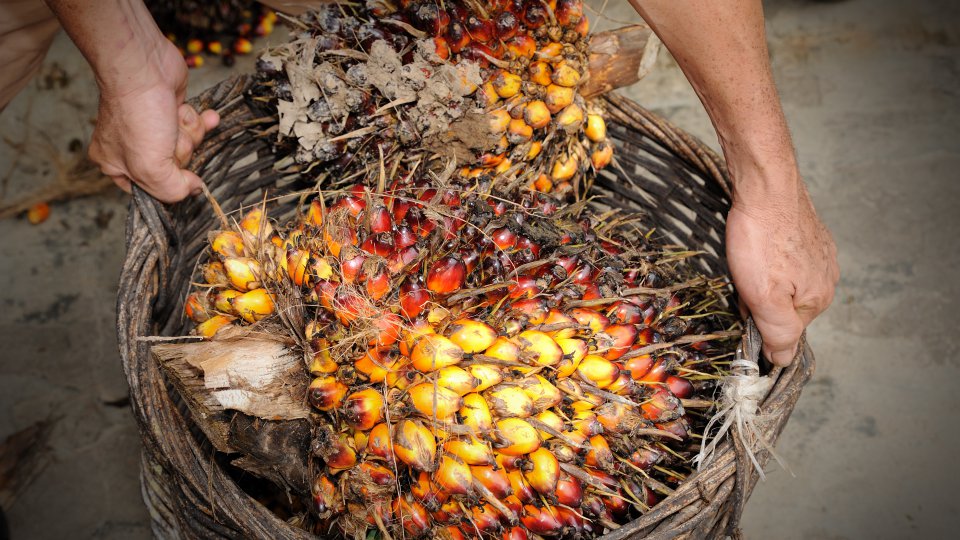
Courtesy of the Stanford Woods Institute for the Environment
Who We Are
Stanford University’s Center on Food Security and the Environment (FSE) addresses critical global issues of hunger, poverty and environmental degradation. Our long-term goals focus on designing new approaches to solving food security’s global challenges by building an evolving research portfolio with a team of experts in relevant scientific, economic, and policy areas. FSE is a joint effort of the Freeman Spogli Institute for International Studies and the Stanford Woods Institute for the Environment.
Research

A majority of the roughly 1 billion hungry people in the world depend on agriculture for their livelihoods. Improving agricultural productivity is central to alleviating hunger. We seek to generate solutions that address feeding the world without destroying the environment in the process.
Education

We offer courses for graduate and undergraduate students at Stanford interested in issues of hunger, rural development, global resource and environmental degradation, agricultural technology, climate impacts on food security, and agricultural trade and policy.
Featured Research

Remote sensing approaches to improving aid targeting and understanding aid effectiveness

Poverty alleviation through sustainable palm oil production

Marine conservation assessment in China
Core Faculty and Researchers
To address the many complex dimensions of modern environmental science, our researchers come from diverse fields, including economics, earth science, medicine, law, education, engineering, and political science. We study new approaches to global hunger and environmental degradation through an inter-disciplinary research portfolio that spans economics, policy, and the physical sciences.

Rosamond L. Naylor
Roz's research focuses on economic and biophysical dimensions of food security and environmental impacts of crop and animal production.

David Lobell
David's research research focuses on agriculture and food security, specifically on generating and using unique datasets to study rural areas worldwide.

Marshall Burke
Marshall's research focuses on social and economic impacts of environmental change, and on the economics of rural development in Africa.

Walter P. Falcon
Wally's research focuses on biotechnology, food security and food and agricultural policy in developing countries.

The Tropical Oil Crop Revolution: Food, Feed, Fuel, and Forests
The Tropical Oil Crop Revolution provides a broad synthesis of the major supply and demand drivers in their production; their economic, social, and environmental impacts; and the future outlook to 2050.

India’s groundwater future is at stake
With recharge rates slackening and extraction rising sharply, a change in irrigation and cropping methods is called for.

Tropical Oil Crops - a More Sustainable Future?
An interview with authors of the “The Tropical Oil Crop Revolution” predicts the future of soy and palm oil booms by examining the past and present.

How China is Poised for Marine Fisheries Reform
Stanford researchers view ocean management as next front for China to compete as global sustainability leaders.

Stanford scientists combine satellite data, machine learning to map poverty
The availability of accurate and reliable information on the location of impoverished zones is surprisingly lacking for much of the world. Applying machine learning to satellite images could identify impoverished regions in Africa.




